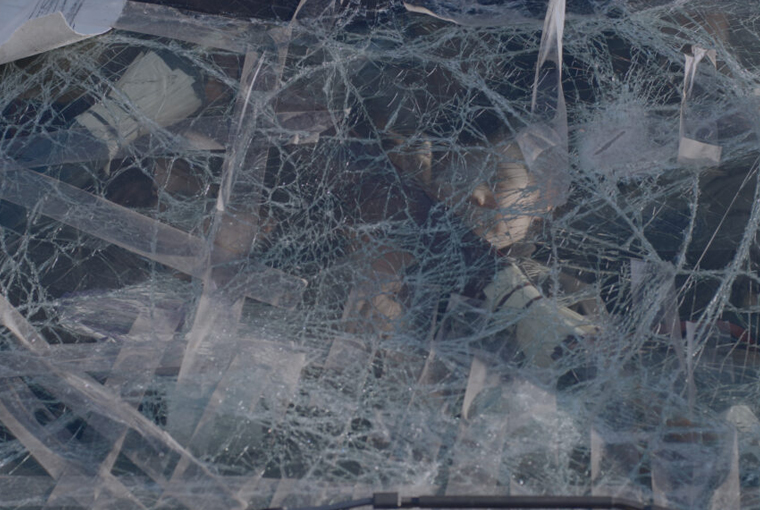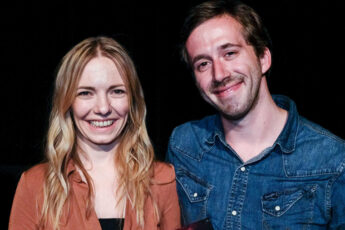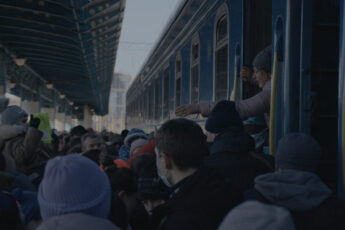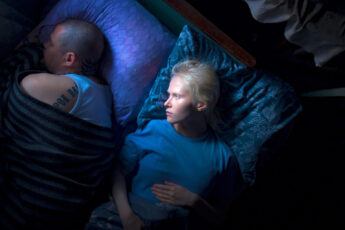
Whoever happens to stumble on the website of the European Film Academy, famously unknown even to people who win its awards, is greeted with a “statement.” Who could have guessed that, on a continent where governments can burn an entire summit haggling over the legal curvature of a cucumber, a unanimous voice on death and destruction could resound from the film world? “Peace. Ceasefire. An end to violence.” Six words, three full stops, zero chance of controversy.
The “statement” (sic) was first uploaded as a jpeg in November 2023 and probably provoked more disagreements on the choice of the font. It’s broad enough for pacifists, arms dealers, and fascists with good graphic designers. Germany’s far-right AfD shouts “Frieden ist alles” (peace is everything) in the same breath as it calls for stronger borders and fewer refugees. Peace: Horsts and Helgas only.
The “European” Film Academy is registered in Berlin and funded by federal and local state bodies, which might explain its talent for silence. The task force responsible for uploading the statement must have spent countless hours of overtime weighing whether “stop” could be construed as antisemitic and the call for a “ceasefire” as a ground for losing citizenship.
The punctuation mimics Germany’s armed‑forces slogan “Wir. Dienen. Deutschland.” (We. Serve. Germany.). The less grammar, the more discipline. Of course, these types of paratactical sentences have become pervasive in Germany. Take any thought one step further and you hit a subordinate clause, complete with commas, conjunctions, and, God forbid, ambiguity. All hail the miracle of the parataxis that brings everyone back to the point, mentally or otherwise.
If, as one German-speaking thinker once remarked, the limits of our language are the limits of our world, then, well, the German world, as it imposes itself on Europe, is very limited. In the meaning-heavy rhythm of the parataxis lies the language of a society desperate not to be accused of saying nothing, while still not saying anything at all.
***
This month’s issue opens our coverage of the Sarajevo Film Festival, where Isabel Jacobs reviewed Damjan Kozole’s OHO Film about the famous Yugoslav art collective, and White Snail by Elsa Kremser and Levin Peter, a magical fairytale set in contemporary Belarus. In our Interviews section, you will find a conversation with the filmmaking duo about the origin of the project and about how they developed it as a team. We are also publishing an interview with Georgian filmmaker Tato Kotetishvili, who talks his latest feature Holy Electricity, and a review of Olha Zhurba’s Songs of Slow Burning Earth. Both pieces are part of Anna Doyle’s coverage of the recent Golden Apricot Film Festival in Yerevan.
We hope you enjoy our reads.
Konstanty Kuzma & Moritz Pfeifer
Editors
Note: Due to delays in our publication schedule, this issue was published in the month of September 2025.




Leave a Comment